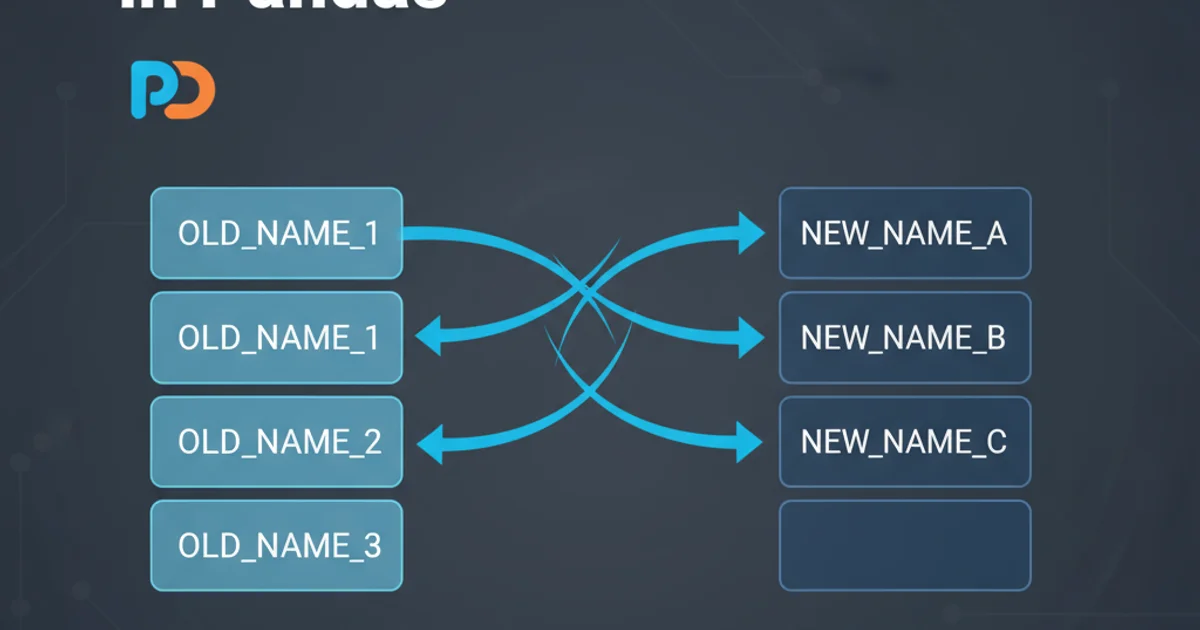Java- if else... if something is something or something?
Categories:
Mastering Java's if-else-if: Handling Multiple Conditions Effectively

Explore the nuances of Java's if-else-if statements, understand their execution flow, and learn best practices for managing complex conditional logic in your applications.
Conditional statements are fundamental to programming, allowing your code to make decisions and execute different blocks based on specific criteria. In Java, the if-else-if construct is a powerful tool for handling scenarios where you need to check multiple, mutually exclusive conditions sequentially. This article will delve into how this construct works, its execution flow, and provide practical examples to help you write robust and readable conditional logic.
Understanding the if-else-if Structure
The if-else-if ladder provides a way to test a series of conditions. The Java runtime evaluates each if or else if condition in order. As soon as a condition evaluates to true, its corresponding code block is executed, and the rest of the else if and else blocks are skipped. If none of the if or else if conditions are met, the final else block (if present) is executed as a default action.
flowchart TD
A[Start]
A --> B{Condition 1 is true?}
B -->|Yes| C[Execute Block 1]
B -->|No| D{Condition 2 is true?}
D -->|Yes| E[Execute Block 2]
D -->|No| F{Condition 3 is true?}
F -->|Yes| G[Execute Block 3]
F -->|No| H[Execute Else Block (Optional)]
C --> I[End]
E --> I
G --> I
H --> IExecution flow of an if-else-if statement
int score = 85;
if (score >= 90) {
System.out.println("Grade: A");
} else if (score >= 80) {
System.out.println("Grade: B");
} else if (score >= 70) {
System.out.println("Grade: C");
} else if (score >= 60) {
System.out.println("Grade: D");
} else {
System.out.println("Grade: F");
}
if-else-if ladder. Always place the most specific or restrictive conditions first to ensure they are evaluated correctly before broader conditions.Common Pitfalls and Best Practices
While if-else-if is straightforward, misusing it can lead to bugs or unreadable code. One common mistake is incorrect ordering of conditions, especially with overlapping ranges. Another is creating overly complex ladders that are hard to maintain. Consider using switch statements for equality checks on a single variable, or polymorphism for more advanced object-oriented decision-making.
// Incorrect ordering - will always print 'Medium' for score 100
int score = 100;
if (score >= 50) {
System.out.println("Medium");
} else if (score >= 90) {
System.out.println("High");
} else {
System.out.println("Low");
}
// Correct ordering
int correctScore = 100;
if (correctScore >= 90) {
System.out.println("High");
} else if (correctScore >= 50) {
System.out.println("Medium");
} else {
System.out.println("Low");
}
if (x > 5) { ... } else if (x > 0) { ... } will never execute the second block if x is greater than 5, as the first condition will catch it.When to Consider Alternatives
While if-else-if is versatile, other constructs might be more suitable depending on the scenario:
switchstatement: Ideal when you are checking a single variable against a series of discrete, constant values (e.g.,int,char,String, enums).- Ternary operator (
? :): For simple, single-line conditional assignments or expressions. - Polymorphism: In object-oriented design, you can often replace long
if-else-ifchains with polymorphic behavior, where different object types handle a common method call in their own way. - Strategy Pattern: For more complex scenarios where the 'operation' or 'collision' logic can be encapsulated into separate strategy objects.
// Example using switch for discrete values
String dayOfWeek = "Monday";
String message;
switch (dayOfWeek) {
case "Monday":
message = "Start of the week!";
break;
case "Friday":
message = "Weekend is near!";
break;
default:
message = "Just another day.";
break;
}
System.out.println(message);
// Example using ternary operator
int age = 20;
String status = (age >= 18) ? "Adult" : "Minor";
System.out.println("Status: " + status);